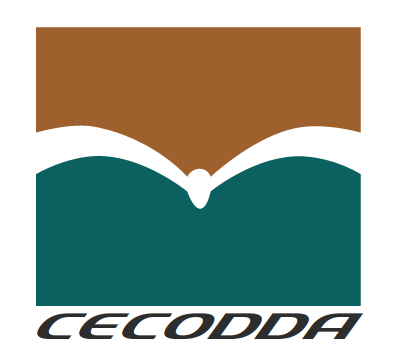Strengthening Mauritania's Trade Information Systems and Competitiveness
Posted on: December 09, 2019

The support programme Strengthening Trade Information Systems and Competitiveness in Mauritania was based on two thematic components:
- The implementation of a National Commercial/Trade Information System in response to the need to gather and compile the trade and economic data available with the use of a computer tool in the form of an electronic commercial/trade platform easily accessible and usable by national and international commercial/trade actors;
- Strengthening public health standardization capacities and improving the level of trade competitiveness in order to address the difficulties associated with the implementation of Mauritanian legislation relating to the standardization, certification and accreditation process.
The final training and validation workshop: “Raising awareness of public and private actors on the concepts of quality, standards and certification and their role in trade” took place on 04 December 2019 in Nouakchott.
The training and validation Workshop saw the active participation of 30 people with the presence of representatives of the key beneficiaries – the Ministry of Commerce, Industry and Tourism, and the National Institute of Public Health Research. The Delegation of the European Union, which was also represented, appreciated the results achieved by this support programme and congratulated the team for its work. The workshop proceedings also highlighted the satisfaction of both beneficiaries and participants for the activities carried out throughout the support programme and for the concrete results achieved, in particular:
1. A critical mass of media to support an effective trade information system has been formed.
The development of the commercial/trade electronic platform for Mauritania was the tangible result of consultations with the relevant departments within the Ministry of Trade and Tourism such as the Computer Service and the National Statistical Office and of an in-depth study of the existing laws on the dissemination and communication of information in the respective databases. The trade portal has been recognized by the Beneficiary and the participants as a government IT tool for collecting business information and assisting investors.
2. The situation of INRSP laboratories was assessed, training plans defined, experts in the laboratories were trained to prepare for accreditation, and public and private stakeholders were made aware of the progress attained.
The conducted evaluation was based on the analysis of the level of application and mastery of the standards: ISO/IEC 17025:2005, ISO/IEC 17025:2017, ISO 9001, metrological dimensions. The analysis also covered the legal status of research structures and the skills of laboratory staff. Educational tools have been developed and made available to the beneficiaries of the training courses, and legal texts have been distributed free of charge. Also, all laboratories belonging to the INRSP have received a blank audit to assess the level of compliance with the requirements for accreditation. The training sessions were attended by 25-30 people at a time and provided an opportunity to work on skills related to the quality management system in a structured manner. During the final training workshop for the validation of the results of this support programme, a part of the day was dedicated to the presentation of certificates and diplomas to the participants of the training cycle.
The project, which focused on the implementation of a national trade information instrument, was a key development catalyst for SMEs, industry and trade promotion institutions. On the other hand, the support programme has also benefited quality actors by improving their capacity for certification and compliance with international standards.
The strengthening of trade policies and rules, training aimed at increasing the skills of quality professionals through a series of targeted training courses on international quality norms and standards, have led to an improvement in the level of professionalism in the targeted sector, also highlighting the need to invest in infrastructure innovation, such as laboratories, staff training and access to market information.




